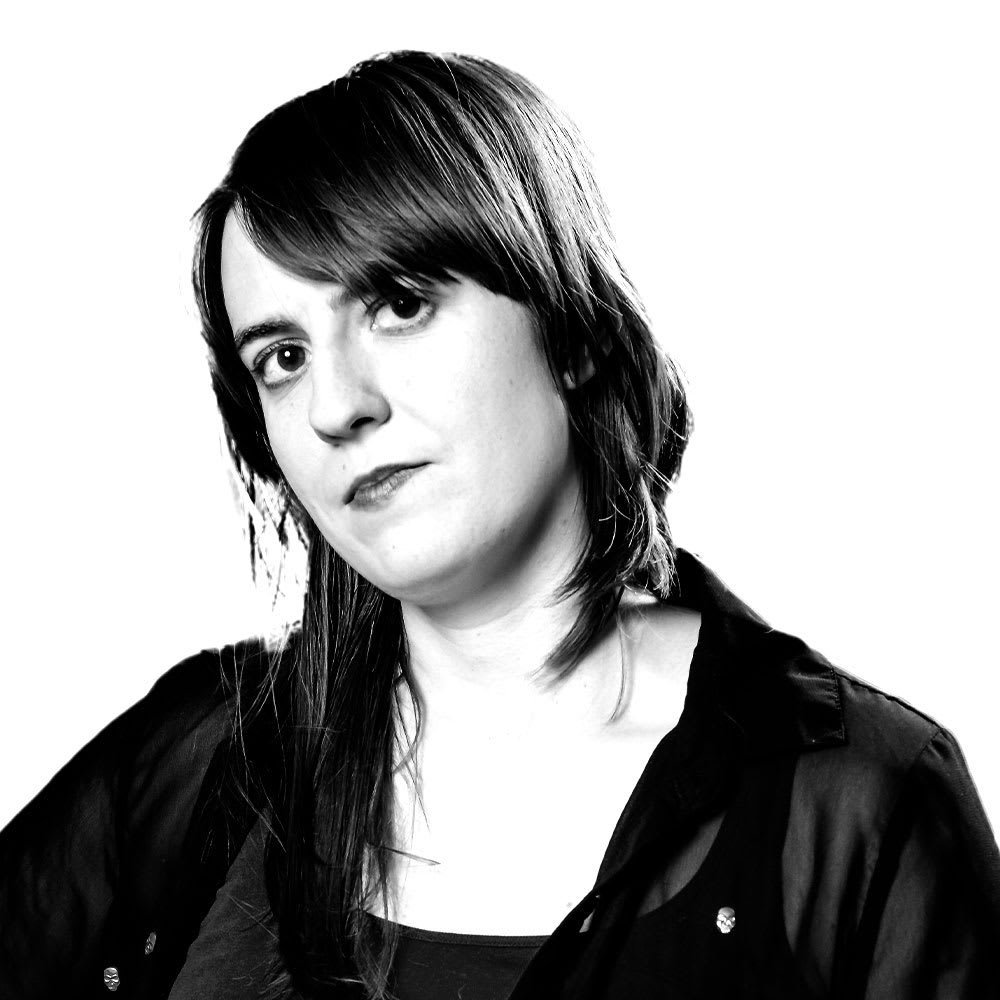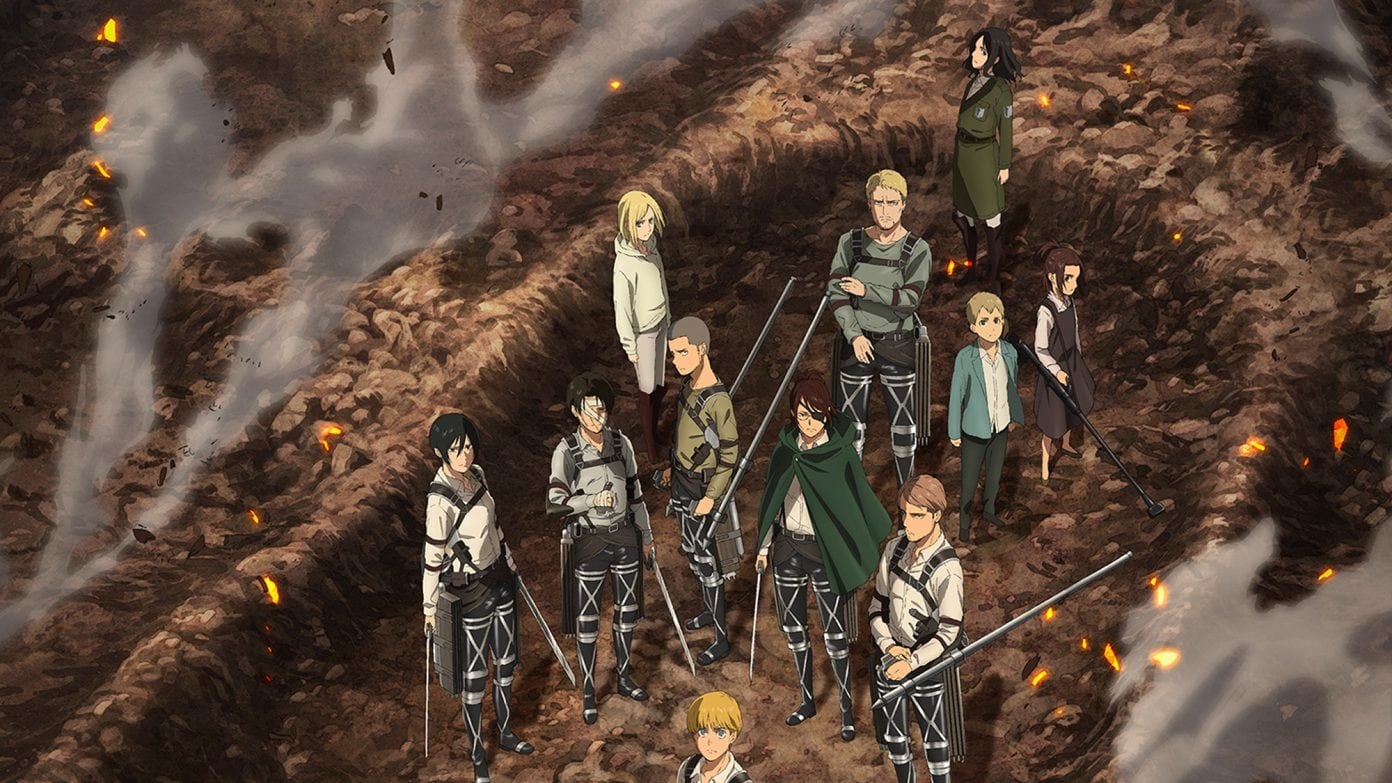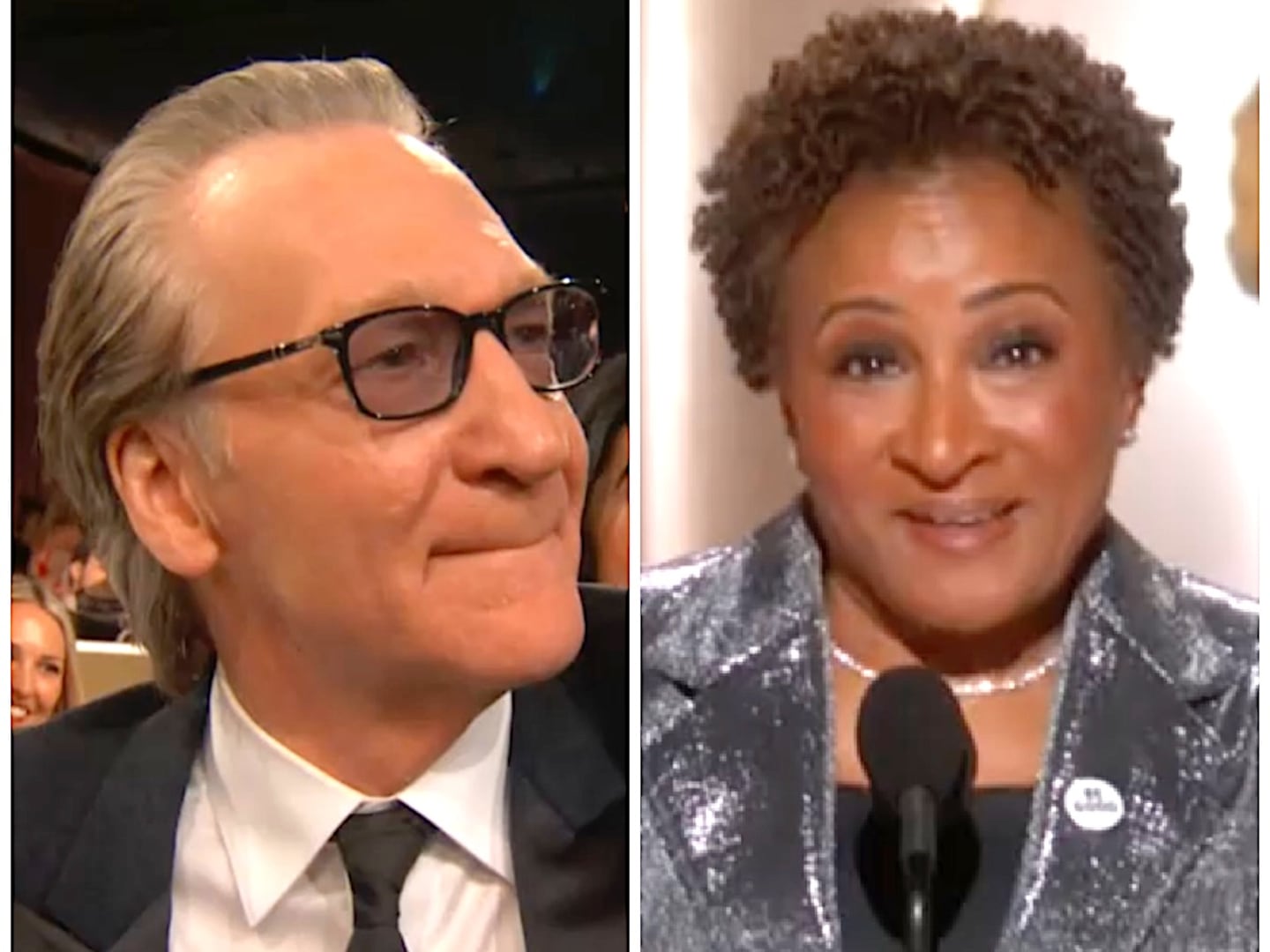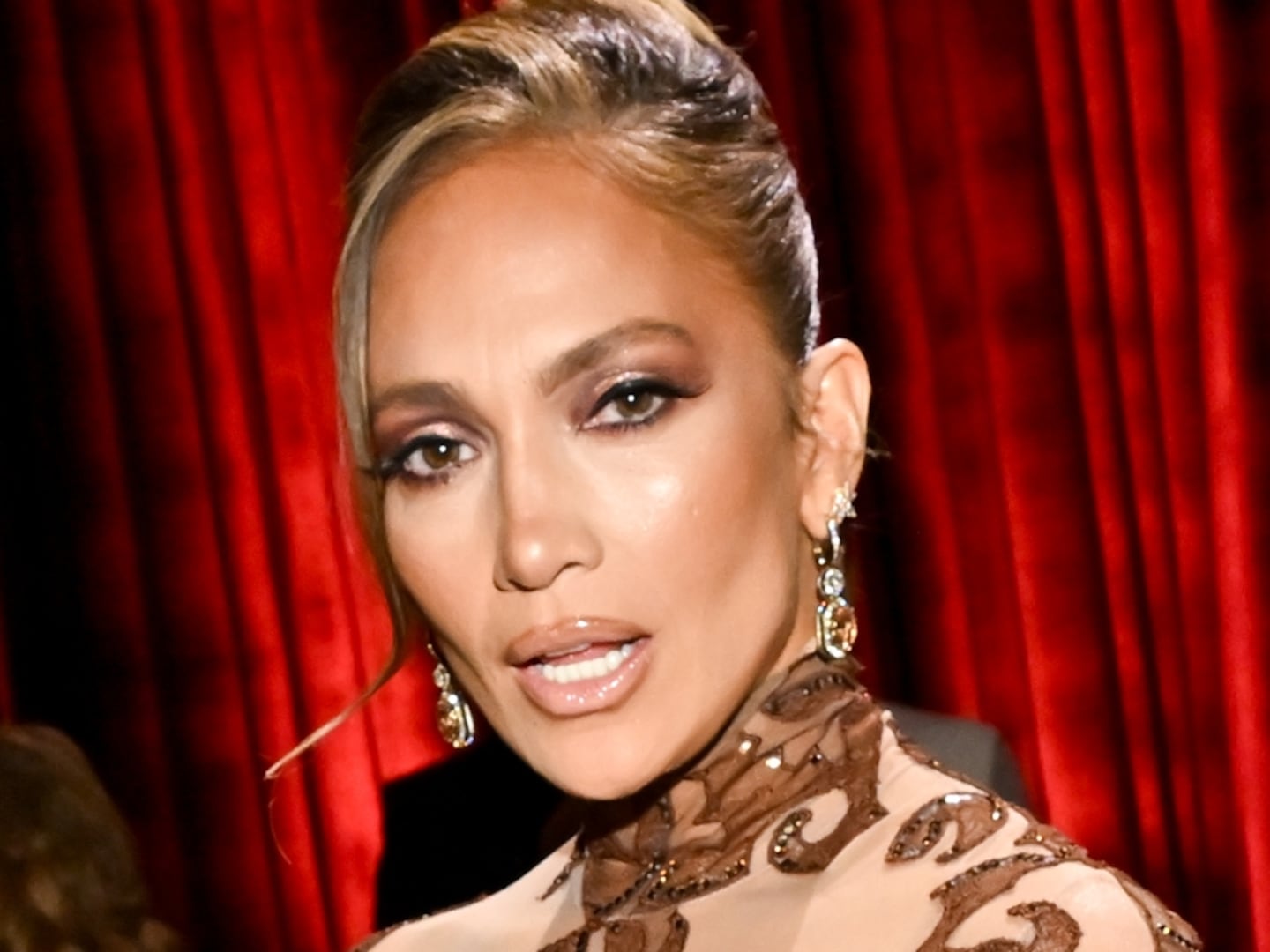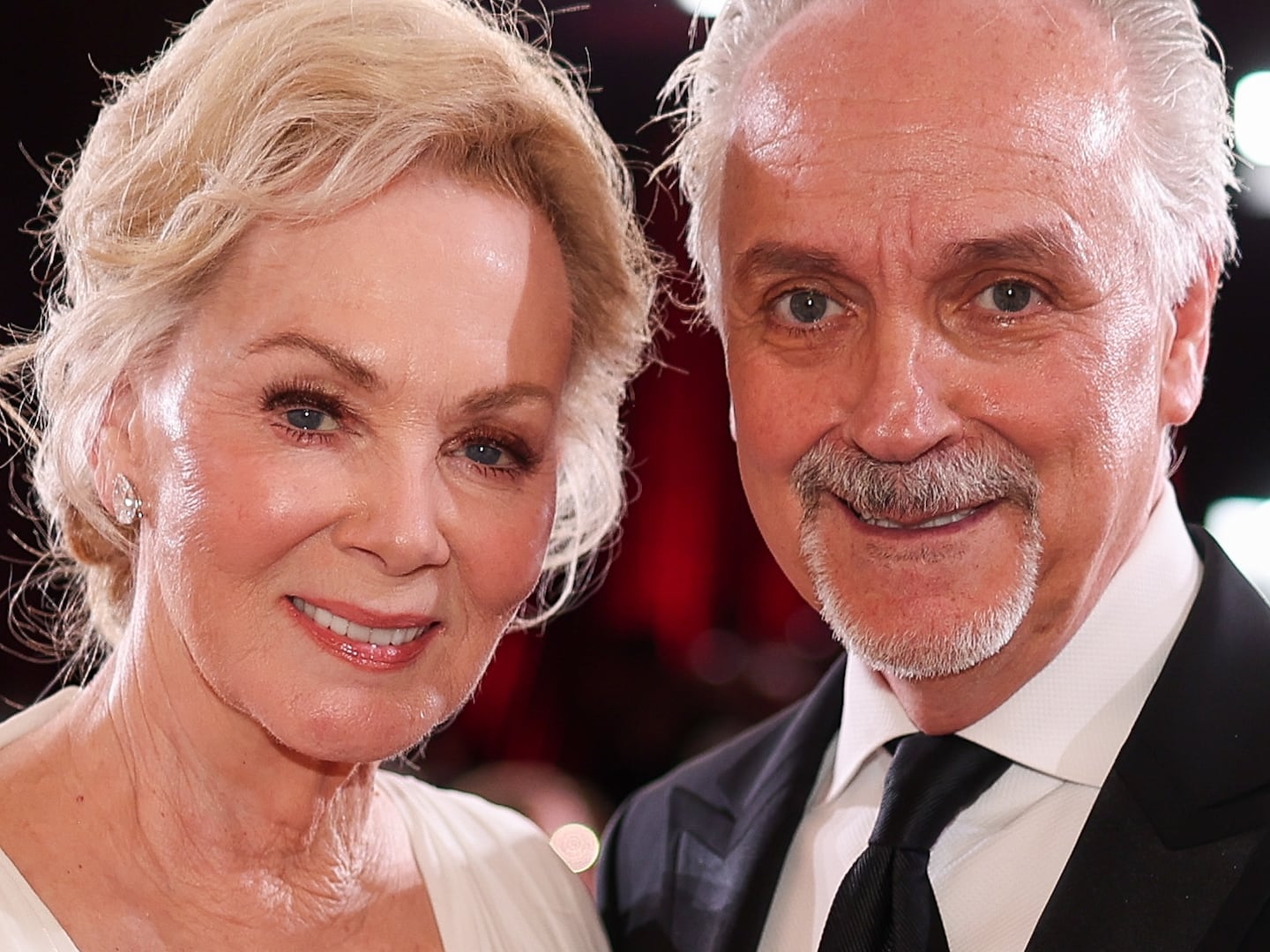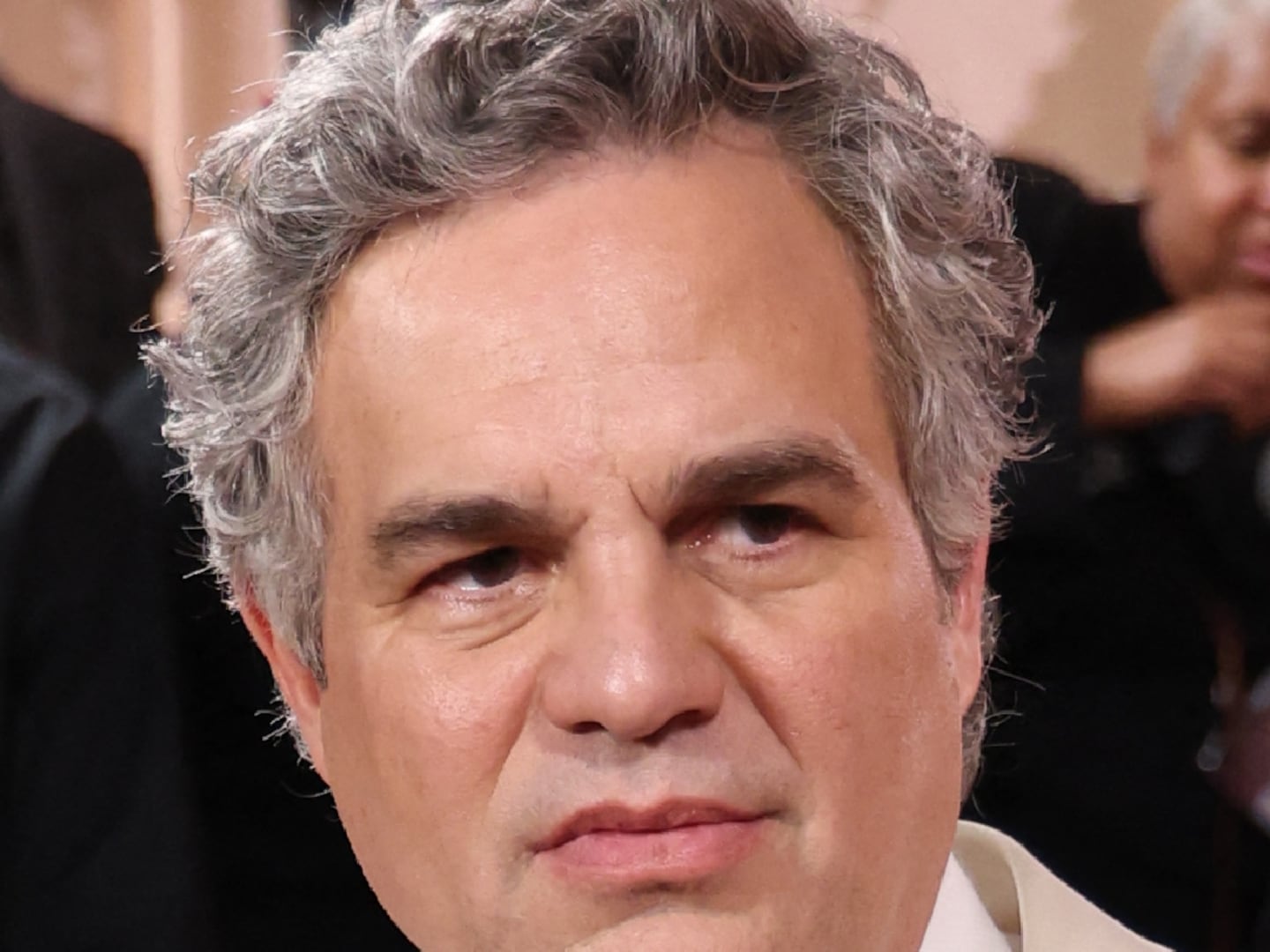In fall 2014, I found myself couch-ridden for a couple weeks due to a nasty tango with bronchitis. My roommate had Netflix, and as I was scrolling for shows to help me kill time, I came across an intriguing-looking title: Attack on Titan. At that point, my familiarity with anime was limited to Cowboy Bebop, Samurai Champloo, Akira, a childhood fascination with Pokémon—end of list. But somehow, the bubbling pop-culture hype around Attack on Titan had reached me, and I clicked. I sat on that couch—completely rapt, mouth agape, occasionally gasping or screaming—for eight hours.
Episode 1, one of the most engaging series openers I’ve ever seen, introduces the conceit of the world: An entire civilization is penned inside a set of high walls because, if they venture outside, they would be devoured by the creepy-looking Titans which have destroyed humanity. Yet in its infamous first moments, the unthinkable happens: the Titans breach the walls and endanger everyone living within them.
I had never seen anything like Attack on Titan before. For one, the show looks stunning. The art direction from WiT Studio (Spy x Family, Ranking of Kings), which produced the first three seasons before MAPPA (Jujutsu Kaisen, Chainsaw Man) took over the final stretch, beautifully mirrors the manga: heavy shadows, exhausted and tortured characters, and carnage for days. To me, animation in the vein of Attack on Titan, which in many ways has more in common with Game of Thrones than fare like Venture Bros. and Rick and Morty, felt like an incredible rarity. (The detailed animation, alongside the anime airing concurrently with the manga’s run, also infamously led to a protracted production schedule.) And the story, centering around Eren Jaeger’s drive to both see the outside world and eradicate the Titan threat, incorporated dramatic twist after dramatic twist.
Furthermore, and also in contrast to a lot of the other media I was seeing, Attack on Titan offered a whole rich cast of badass, capable, powerful women. They weren’t even sexualized or subjected to fan service, a common trope in anime and action series at large.
I personally credit Attack on Titan with making me a bonafide anime fan. A large swath of American anime fans also share this “origin story” and have their own tales of how they first encountered the show. Now that the anime has aired its final episode—with the Season 4 finale airing more than 10 years after the series’ 2013 premiere—for the first time in our fandom lives, we must face a reality in which Attack on Titan is over. Its conclusion also means debating what Attack on Titan’s legacy will be, and that’s not without its controversy. And that’s also something we fans have to grapple with.
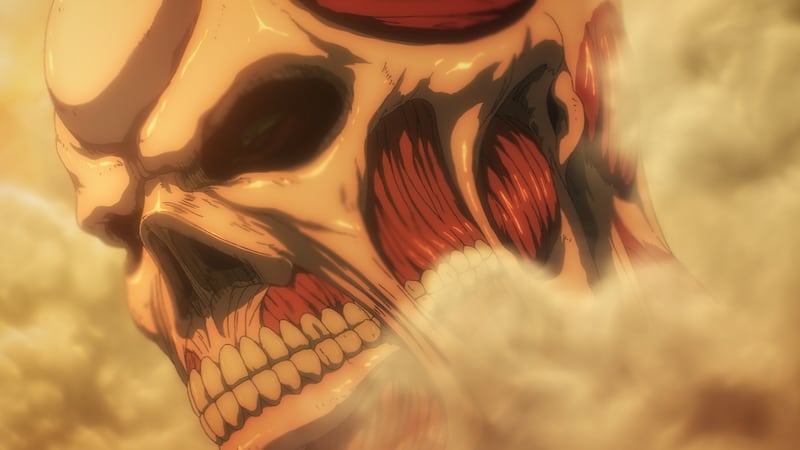
Variations of this story about a sudden, deep awe with Attack on Titan were not uncommon in the mid-2010s. When its 25-episode first season premiered in 2013, Attack on Titan became both a beneficiary and catalyst of anime’s increasing availability and pop culture presence in the West. Attack on Titan both brought fans of ’90s and 2000s series like Dragon Ball Z and Naruto back to anime, as well as enticed a whole legion of newcomers to discover what the medium could offer.
After all, anime was a niche in American culture until, arguably, the advent of streaming. Anime-specific streamers like Crunchyroll and Funimation had, since the late 2000s, offered “simulcasts” of certain series, allowing fans to watch subtitled versions of anime nearly the same moment they premiere in Japan. Cartoon Network and Adult Swim’s Toonami block introduced an entire generation to the genre in the 2000s, and it continued to popularize select series within its audience. In fact, the Toonami airing of Attack on Titan’s first season, from 2014 to 2015, was a significant catalyst to its success.
But as mainstream streaming platforms slowly expanded their anime libraries, previously hard-to-find titles became more easily accessible and offered viewers rabbit holes into related content. Through that lens, perhaps what catapulted Attack on Titan to the top of the growing anime wave was its availability on Netflix shortly after its first season wrapped up. That enabled merely anime-curious people like me to take a peek—and get hooked.
Part of what made Attack on Titan so deeply engaging is that, for better or worse, its nail-biting action sequences are (like Game of Thrones) accompanied with an attitude that’s exceedingly morally gray. As the series continued, it became even less interested in telling you who the “good guys” and “bad guys” are. This gets especially tricky because, as the series goes on, even the characters who were once clearly “good guys” get their hands very dirty. Eren, the “protagonist,” goes through one of the most terrifying shifts I can think of in fiction.
In a 2013 interview with Hong Kong tabloid Apple Daily, series creator and manga author Hajime Isayama said that readers’ impressions of Eren’s actions were out of his hands. “Being a writer, I believe it is impolite to instruct your readers [on] how to read your story,” he said, according to a translation by The New Republic. There are any number of ways to wrangle with what Attack on Titan’s ideology is—if there’s one at all. You could say the series has always held a very pessimistic view of human nature and unflinchingly illustrates how the horrors of war corrupt all involved. But responses to the series became complicated after its major central twist—in which (major spoiler!) the population behind the walls is not the last of humanity, but merely a contingent which fled from a conflict with a nation called Marley—drew on iconography from Nazi Germany and the Jewish ghettos. As a result, some critics have called the series antisemitic and fascist.
On the other hand, a series which depicts a fascist society, draws on antisemitic historical events, and has characters who have clearly drunk the fascist/supremacist kool-aid is not itself inherently fascist and antisemitic. But, especially for American audiences, Attack on Titan mirrors resonant trauma in our own politics—which could help explain the impassioned reactions to the series across the political spectrum.
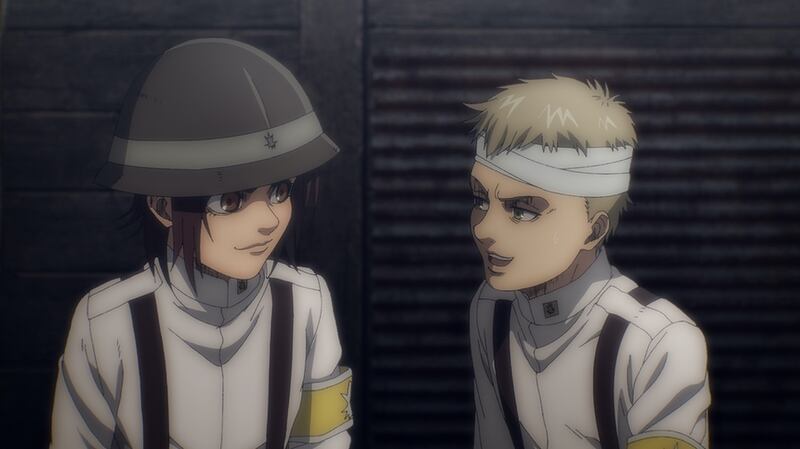
Isayama himself hasn’t escaped controversy. Way back in 2010, Isayama said on his blog that he modeled one generally positively-framed character, General Pixis, off of Akiyama Yoshifuru, a general who committed war crimes in China and Korea with the Imperial Japanese Army near the turn of the century. This re-opened old wounds between Japan’s meager attempts to reckon with its imperialist past and the Chinese and Korean communities who incurred those wounds: Isayama received more than a thousand death threats after social media users rediscovered the comment following the anime’s first season release.
The best investigation of how to grapple with the myriad controversies surrounding the series has come from journalist Gita Jackson on Vice. Jackson does an excellent job of looking at Attack on Titan’s issues square in the face while also contending with how dismissing it as fascist (or because it’s from Japan) vastly simplifies the matter. The series has attracted this level of polarized discourse throughout its run: Various critics arguing the show is fascist and bad and shouldn’t be watched, leaving many fans to defend the show against people they’d otherwise largely agree with.
Anime YouTuber Geoff Thew put this tension well in an interview with Jackson. “There's some really good criticism of Attack on Titan, and I think it's important to criticize it, but a lot of people come at it strong and condemn it,” he said. “That does as much to kill the conversation as people being like, ‘shut up about politics,’ because it reinforces the argument that people are just trying to cancel this good show that you like for flimsy reasons.”
Because of the grayness of Isayama’s storytelling, there is a pro-fascist, white supremacist view of Attack on Titan you could take, and that some members of the American alt-right have seized upon with abandon. You might remember when, nearly two years ago, a bunch of Congressman Paul Gosar’s aides posted a video to Twitter which envisioned Congresswoman Alexandria Ocasio-Cortez as a Titan and Gosar as the brave Scout who kills her.
The tension, to me, has come down to whether or not you still see Eren, after his dramatic turn towards the end of the series, as a hero—or think the series is trying to frame him as such. For his part, Isayama told a French radio station earlier this year that he sees Eren as “a character that reflects the worst parts of him, and this is a story about getting rid of the worst parts of him.”
To that end, I’d heard that the ending of the series was controversial. A friend who had read the manga, which concluded in 2021, asked me morbidly ahead of the anime’s finale, “Did they change the ending?” During a panel at Anime NYC last November, Isayama emotionally apologized outright for the ending. In fact, the ending was so panned, a new manga chapter is coming out in 2024 in an attempt to fix it.
I have not read the manga, so this attitude confused me as I watched the anime’s finale this weekend. Because I thought it was excellent, an airtight conclusion to a story which demanded answers, a reckoning, and closure for its characters.
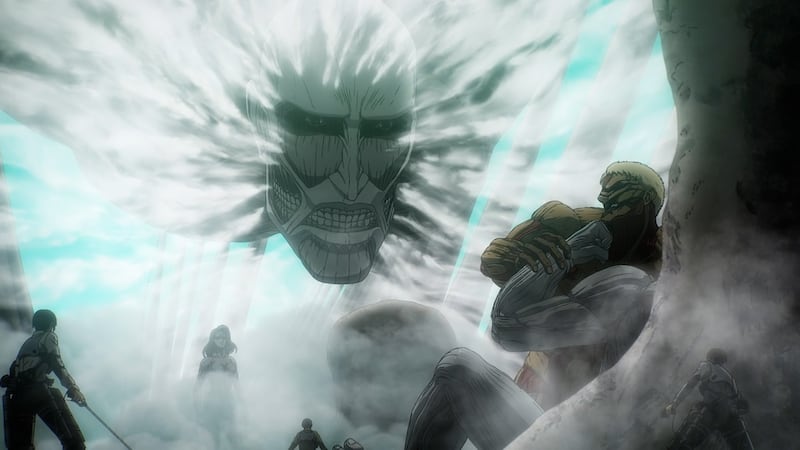
It bears mentioning that key moments in the manga were altered for the anime’s finale to make it a stronger experience than the manga’s. The biggest omission was a line in which Armin, one of Eren’s beleaguered BFFs, tells his friend, “Thank you for turning yourself into a mass murderer for our sake.” Isayama immediately clarified in an interview after the final chapter’s release that Armin did not approve Eren’s action and said the way he tried to convey Armin’s feelings was “immature.” Improvement was sorely needed.
The manga fell on its face (and did not help itself with its critics’ claim it’s pro-fascist) so the anime could soar. The finale was, as always, exquisitely animated. Beyond that, the episode effectively threaded the needle between acknowledging the weight of the climax’s apocryphal atrocities while giving these characters we’ve come to care about—including Eren—a proper, emotional sendoff.
To my mind, the primary message of Attack on Titan is that war, beyond just being ugly, messes with your head, especially when you are given power during that conflict. When surrounded by death (and/or when bombarded with wartime fascist messaging), one’s sense of right and wrong becomes muddied to a terrifying degree. That’s why the series is so morally gray; it’s not a pretty picture of human nature.
Attack on Titan refuses the “hokey” (Isyama’s own word) ending, where the Apocalypse forces humanity to see the error of their ways and usher in an eternal peace. (“Thanks for the mass murder, Eren!”) As Isayama told The New York Times in an interview this weekend, ahead of the finale’s premiere, “It kind of seems like [the end of war is] not even believable. It’s just not plausible in the world we’re living in right now. And so, sadly, I had to give up on that kind of happy ending.”
Given current events, Attack on Titan’s pessimism on humanity feels tragically resonant. It was never the series I went to for optimism. Attack on Titan grapples with the ugliness of humanity: our violence, our manipulativeness, our hunger for power and authority, our gullibility. Peace doesn’t last in its world. Breakthroughs eventually give way to our worst impulses. Attack on Titan does not offer a rosy picture of humanity, but perhaps it’s the messy portrait we deserve.
